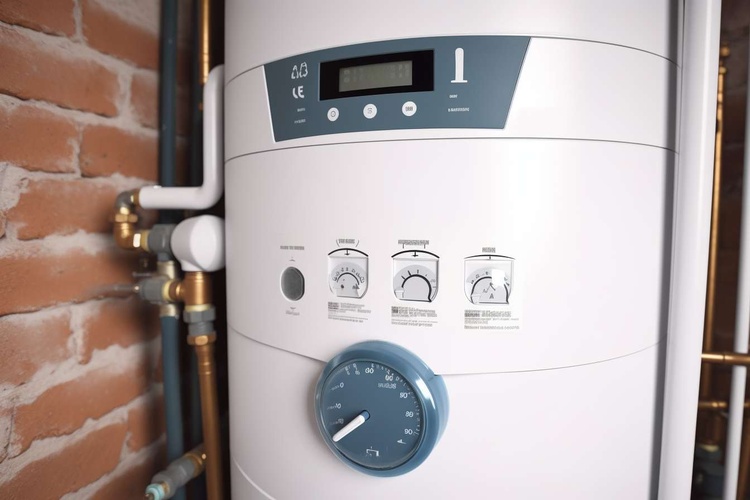How to Choose the Right Child Care for Your Family
Selecting the right child care is a crucial decision that impacts your child's development and your family's daily life. With various options available, it's essential to consider factors such as safety, education, and your family's specific needs. This guide will help you navigate the process of choosing the perfect child care solution for your little one.

What are the different types of child care available?
Child care options vary widely, catering to different family needs and preferences. The main types include:
-
Center-based care: These are licensed facilities that offer structured programs for children of various ages. They typically have set schedules and curricula.
-
Family child care homes: These are smaller, home-based settings where a provider cares for a group of children in their own residence.
-
In-home care: This involves hiring a nanny or au pair to provide one-on-one care in your home.
-
Relative care: Some families opt for care provided by grandparents, aunts, uncles, or other family members.
-
Preschools: These programs focus on early education and socialization for children aged 3-5 years.
Each type has its own advantages and considerations, so it’s important to assess which aligns best with your family’s needs and values.
How important is child care safety in the selection process?
Child care safety should be a top priority when choosing a provider. Look for facilities or providers that prioritize:
-
Proper licensing and accreditation
-
Background checks for all staff members
-
Clear health and safety protocols
-
Secure entry systems
-
Age-appropriate equipment and toys
-
Emergency preparedness plans
-
Low child-to-staff ratios
Visit potential child care settings in person to observe their safety measures firsthand. Don’t hesitate to ask questions about their policies regarding illness, accidents, and emergencies. A reputable provider will be transparent about their safety practices and welcome your inquiries.
What qualifications should I look for in certified child care providers?
Certified child care providers should possess a combination of education, experience, and personal qualities that ensure they can effectively care for and educate young children. Key qualifications to consider include:
-
Formal education in early childhood development or a related field
-
Current certification in CPR and first aid
-
Ongoing professional development and training
-
Experience working with children in the specific age group you’re seeking care for
-
Positive references from other families
-
Strong communication skills and a warm, nurturing demeanor
Additionally, look for providers who demonstrate passion for their work and a genuine interest in children’s well-being and development.
Why is play-based learning important in child care settings?
Play-based learning is a crucial aspect of quality child care, as it supports children’s cognitive, social, emotional, and physical development. This approach:
-
Encourages creativity and imagination
-
Develops problem-solving skills
-
Enhances social interaction and communication
-
Promotes physical activity and motor skill development
-
Fosters a love for learning through enjoyable experiences
When evaluating child care options, observe how play is incorporated into daily activities. Look for environments that offer a variety of play materials, both structured and unstructured play opportunities, and educators who actively engage with children during playtime.
What unique considerations should families in Worldwide keep in mind?
Families in different parts of the world may have unique cultural, linguistic, or religious considerations when choosing child care. Some important factors to consider include:
-
Language of instruction and support for multilingual development
-
Cultural sensitivity and inclusion of diverse traditions
-
Flexibility to accommodate different work schedules or commute times
-
Availability of subsidies or government support for child care expenses
-
Local regulations and quality standards for child care providers
Research child care options that align with your family’s values and cultural background while also providing high-quality care and education.
How do child care costs compare across different providers?
Child care costs can vary significantly depending on the type of care, location, and services offered. Here’s a comparison of typical child care options:
| Provider Type | Average Cost (Monthly) | Key Features |
|---|---|---|
| Center-based Care | $800 - $1,500 | Structured curriculum, socialization, licensed facilities |
| Family Child Care | $600 - $1,000 | Home-like environment, flexible hours, smaller groups |
| Nanny/Au Pair | $2,000 - $3,500 | One-on-one care, in-home convenience, customized schedule |
| Relative Care | $0 - $500 | Familiar caregiver, potential for flexible arrangements |
| Preschool (Part-time) | $400 - $800 | Focus on early education, preparation for school |
Prices, rates, or cost estimates mentioned in this article are based on the latest available information but may change over time. Independent research is advised before making financial decisions.
When considering costs, factor in additional expenses such as registration fees, supplies, and potential overtime charges. Some providers may offer sibling discounts or sliding scale fees based on income. It’s crucial to balance cost considerations with the quality of care and your family’s specific needs.
Choosing the right child care for your family involves careful consideration of various factors, including safety, educational approach, and cost. By thoroughly researching your options, visiting potential providers, and asking the right questions, you can find a child care solution that provides a nurturing, stimulating environment for your child while meeting your family’s practical needs.




